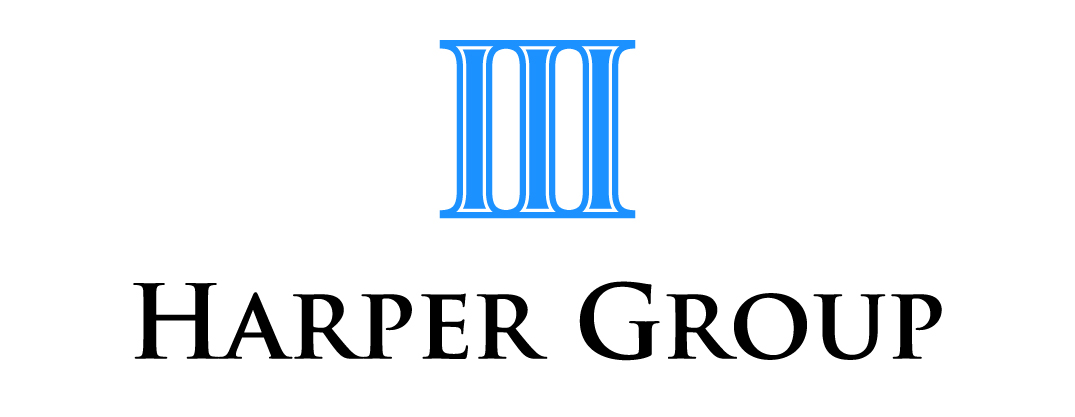Taking advantage of the superannuation guarantee amnesty may have one last hurdle
At the time when the superannuation guarantee amnesty measure ran its course (it expired 7 September 2020), the Assistant Minister for Superannuation Jane Hume reported the amnesty resulted in 24,000 employers coming forward, with about $588 billion paid into nearly 400,000 accounts.
Businesses that qualified for the amnesty by disclosing unpaid SG before the deadline, however, are in danger of being disqualified should certain steps not be taken. The ATO says such taxpayers must either:
pay in full any outstanding amounts they owe
set up a payment plan and meet each ongoing instalment amount.
The ATO says it is sending reminders to those who made amnesty disclosures to pay their disclosed amounts if they have not previously engaged with the ATO. Eligible businesses will have 21 days to avoid being disqualified from the amnesty.
If you need to set up a payment plan, we can help you do this if you:
have an existing debit amount under $100,000 (total balance or overdue amounts)
do not already have a payment plan for that debit amount
have not defaulted on a payment plan for the relevant account more than twice in the past two years.
If there is any reason why you are unable to set-up a payment plan, the ATO says taxpayers should make contact so it can work with you to find the right solution. You must meet each ongoing instalment of the payment plan to continue to qualify for the amnesty.
If you are disqualified from the amnesty, you will:
be notified in writing of the quarter you are disqualified for
be charged an administration component of $20 per employee for each disqualified quarter
have your circumstances considered when deciding on a penalty remission
be issued with a notice of amended assessment.
Those who have and continue to qualify for the amnesty can only claim a tax deduction for amounts paid on or before 7 September 2020.
Harper Group Pty Ltd – Chartered Accountants Frankston - Ph 9770 1547
Disclaimer: All information provided in this article is of a general nature only and is not personal financial or investment advice. Also, changes in legislation may occur frequently. We recommend that our formal advice be obtained before acting on the basis of this information.
Please note we at Harper Group Pty Ltd are not licensed to provide financial product advice under the Corporations Act 2001 (Cth)and taxation is only one of the matters that must be considered when making a decision on a financial product, including on whether to make superannuation contributions. You should consider taking advice from the holder of an Australian financial services licence before making a decision on a financial product.
